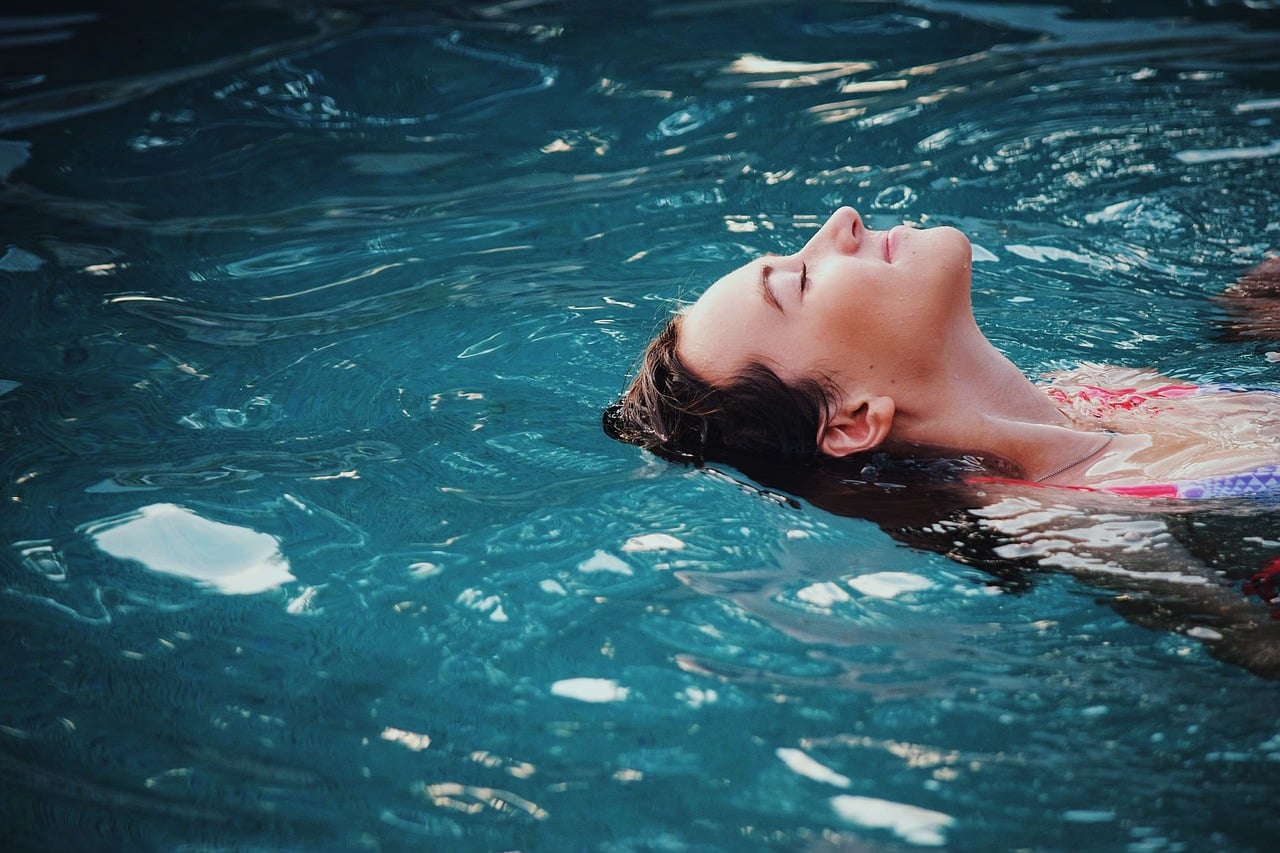What Are the Potential Health Benefits of Cold Water Swimming for Immune Function?

Chilly winter mornings often suggest cozy blankets and hot cups of coffee, not a plunge into ice-cold water. However, a growing number of swimmers and health enthusiasts are challenging this norm by embracing cold water swimming. They plunge into lakes, ponds, or outdoor pools, where temperatures can dip below freezing. But why would anyone choose to swim in such frigid waters? For some, it’s the sheer thrill of it. For others, it’s the potential health benefits. In this article, we’ll dive into the research and examine how cold water swimming can impact your body, particularly its effects on the immune system.
The Physiology of Cold Water Swimming
Before we discuss the health benefits, let’s understand the physiological changes your body undergoes during cold water swimming. When you immerse yourself in cold water, your body instinctively reacts to the sudden temperature drop. Your heart rate increases, your blood vessels constrict, and your muscles tighten — a response known as ‘cold shock response’. Your body also starts to shiver, an attempt to generate heat and maintain your core body temperature.
Additional reading : Can Community Gardening Reduce the Prevalence of Vitamin D Deficiency in Urban Areas?
A study published on PubMed, the renowned site for scientific studies, investigated the physiological responses to cold water immersion. The scholars found that swimming in cold water increases blood flow to your vital organs, including your brain and heart. It also increases your metabolic rate, potentially aiding in weight loss. However, these changes come with risks, notably hypothermia, if the exposure is prolonged.
Cold Water Swimming and the Immune System
One of the most exciting areas of research on cold water swimming revolves around its impact on the immune system. A group of scholars conducted a study on winter swimmers and found that regular exposure to cold water resulted in increased white blood cell count. White blood cells, as you may know, are the cornerstone of your immune system; they help to fight off illnesses and infections.
Also to read : What Are the Latest Advances in Personalized 3D Printed Medical Devices for Rehabilitation?
Another study from PubMed examined the effects of cold water swimming on the immune function of athletes. The scholars found that those who regularly swam in cold water had a lower incidence of respiratory tract infections.
So, how does cold water exercise stimulate the immune system? Think of it as a form of mild stress; when you expose your body to cold water, it has to work harder to maintain its temperature. This increased exertion triggers a cascade of immune responses, leading to a stronger, more robust immune system.
The Impact of Cold Water Swimming on Mental Health
Besides its physiological and immune system benefits, cold water swimming also appears to have a positive effect on mental health. Swimmers often report a sense of invigoration and wellbeing following a cold dip. This euphoria isn’t just due to the thrill of the experience; it’s also a physiological response.
A PubMed research showed that cold water swimming triggers the release of endorphins, the body’s ‘feel-good’ hormones. The study also found that regular winter swimmers had lower levels of stress and anxiety.
Furthermore, the communal aspect of cold water swimming has mental health benefits. Swimmers often engage in this activity in groups, which fosters camaraderie and social interaction, contributing to an overall sense of wellbeing.
Risks and Precautions of Cold Water Swimming
While cold water swimming has its benefits, it’s important to remember that it also comes with risks. The initial shock of the cold can cause gasping and hyperventilation, which can lead to drowning, especially for inexperienced swimmers. Also, prolonged exposure can lead to hypothermia, a dangerous drop in body temperature.
Before you dive in, ensure you’re medically fit, especially if you have conditions like heart disease or asthma. Gradual acclimatization is crucial; start with short exposures and progressively increase the duration. Always swim with a buddy and in designated areas where help is readily available. And remember, if you start to feel too cold, get out of the water immediately.
Conclusion
In summary, cold water swimming is a unique exercise that stimulates the body and the mind. While the research is promising, it’s essential to approach it with caution, taking the necessary precautions to ensure a safe and beneficial experience.
The Influence of Cold Water Swimming on Blood Pressure and Cardiovascular Health
Taking the plunge into ice-cold water isn’t just an adrenaline rush; it could also play a significant role in cardiovascular health, particularly in regulating blood pressure. When you immerse your body in cold water, there’s an initial cold shock response – your heart rate increases and your blood vessels constrict. This abrupt change in your body’s normal functioning may seem alarming, but it can actually offer several benefits.
According to a study indexed on PubMed, cold water immersion can increase blood flow to your vital organs, including your heart. Your body, in its effort to maintain its core temperature, pushes blood towards your vital organs, effectively giving them a robust supply of oxygen and nutrients.
Furthermore, research from Google Scholar highlights that regular cold water swimming can lead to adaptations in the cardiovascular system. Over time, the body becomes more efficient at managing the stress posed by cold exposure, and these changes can help lower blood pressure and improve overall cardiovascular health. However, it’s crucial to remember that this doesn’t mean cold water swimming is a cure-all for heart disease. If you have pre-existing heart conditions, it’s vital to consult a healthcare provider before diving in.
The Relationship Between Cold Water Swimming and Thermoregulation
Another fascinating aspect of cold water swimming is its impact on the body’s thermoregulation – the process of maintaining its core internal temperature. When you partake in open water swimming in freezing conditions, your body kicks into high gear to combat the cold exposure.
A study on winter swimming, retrieved from PubMed Google, suggests that regular cold water immersion can enhance the body’s thermoregulation over time. As your body grows accustomed to the cold water, it becomes more efficient at maintaining its normal body temperature, even in frigid conditions.
In essence, regular winter swimming can help make your body more resilient to cold, potentially making you feel less discomfort in cold conditions. However, it’s essential to remember that this doesn’t mean you become immune to hypothermia. Regardless of how accustomed you are to the cold, prolonged exposure can still lead to dangerous drops in body temperature.
Conclusion
Cold water swimming presents a fascinating blend of adrenaline, physical challenge, and potential health benefits. It’s an exercise that not only boosts your immune system but also offers cardiovascular benefits, improves thermoregulation, and enhances mental health. However, as with any exercise regimen, it’s important to approach it sensibly. Consult with your healthcare provider, particularly if you have existing heart conditions or other health concerns. Start slow, acclimatize gradually, and always prioritize safety over the thrill. Above all, enjoy the unique experience that cold water swimming provides. It’s not every day that you get to immerse yourself in an activity as invigorating and beneficial as this.
